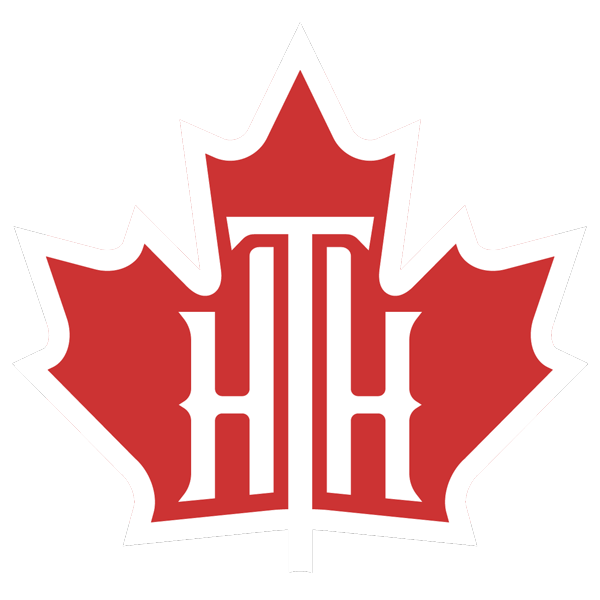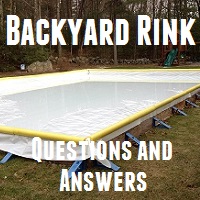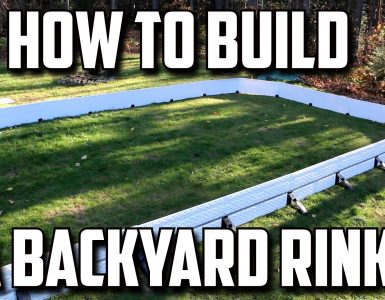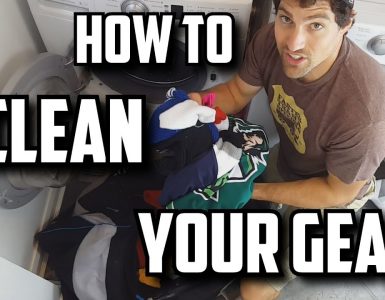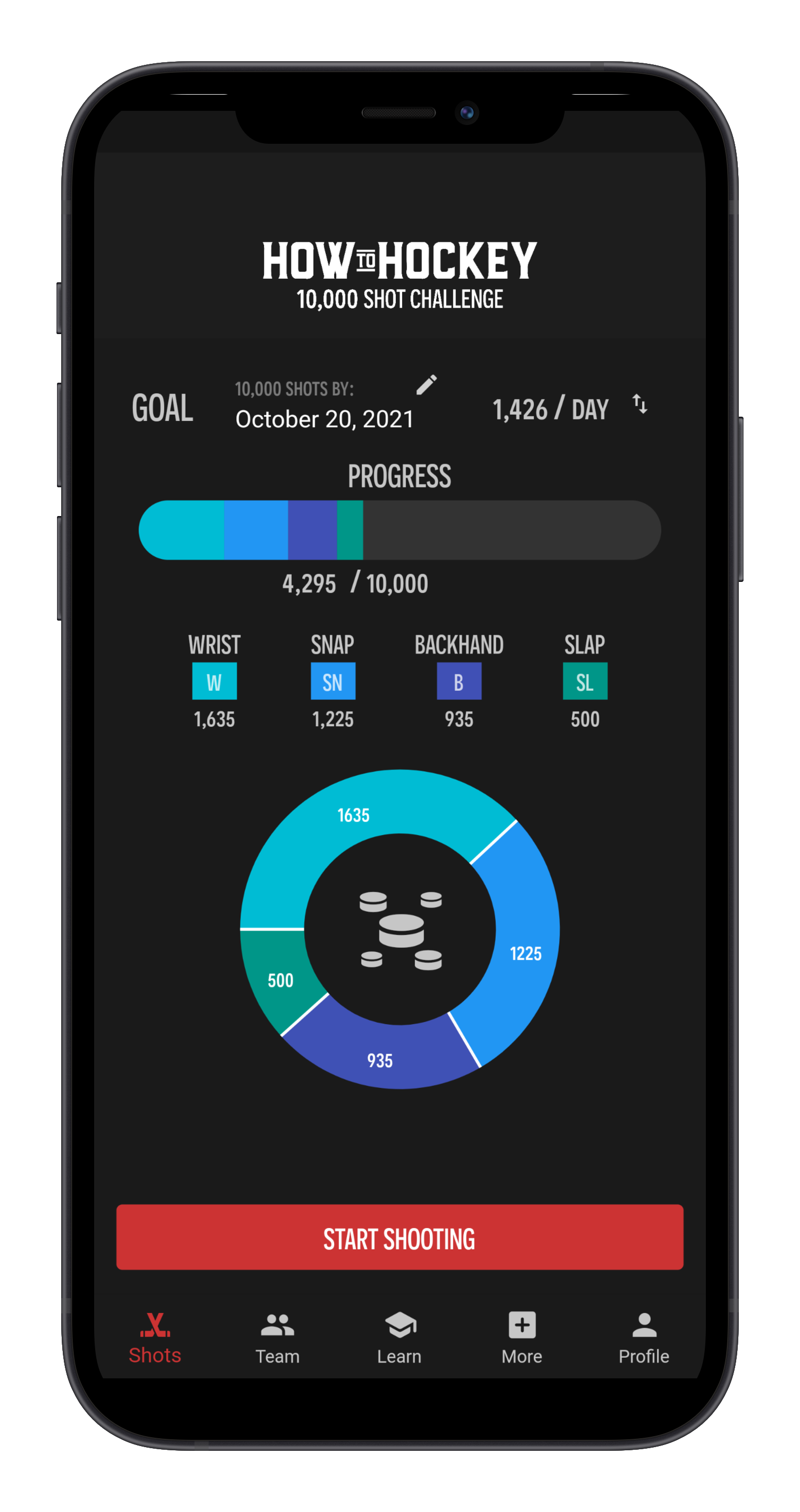Published by Jeremy Rupke
After a recent article published in the Toronto Star regarding violence in minor hockey many parents, coaches and referees are asking how can we reduce violence in minor hockey?
The article suggests that violence is on the rise in minor hockey. Keep in mind that the study was done on 122 reports from the GTHL (Greater Toronto Hockey League) so this is hardly an in depth study on all of minor hockey, however it certainly raises the important issue of violence in minor hockey and what can be done to reduce it. While I do not believe the study reflects all of minor hockey the article certainly makes some interesting points that I feel should be addressed.
“What I see today is a lack of respect for the game, for players and no respect for the referees,” says Stan Butler, a coach currently with the Ontario Hockey League’s Brampton Battalion. He spent decades in the GTHL, junior hockey and with Team Canada Juniors.
“In the GTHL, I see kids getting into tussles with linesmen. I see kids disputing with the referees and slamming their sticks. … It’s disgusting.”
There were 226 calls for “harassment of an official/unsportsmanlike conduct” – up from 65.
The league conducted six investigations last season into “threatening an official” incidents, up from two the year before.
Add to that a dozen calls of “physical abuse of an official,” 200 “verbal abuse” of officials, and more than 650 cases of disputing officials’ calls.
This begs the question, why do these events happen, what is instigating these forms of behaviour and how can we stop them. Stan Butler a former GTHL coach states that he witnesses players disputing refs, slamming their sticks and getting into tussles with the linesmen all the time. As a coach should it not be his job to speak with the kids about their behaviour after the game, to let them know that this is unacceptable and looks poorly on them, the team and the coach when they act like this one the ice? Should the referees not speak with the coach after the game and encourage him to speak with the player, or the ref could even speak to the child himself, off the ice on a more personal level?
I think the problem some players (myself included) have is that on the ice the refs and linesmen can be your enemy, and in some games it becomes you vs the ref. Yes I have been furious with refs and yes sometimes I felt like hammering a slap shot in their general direction. I got over it and thankfully never acted on these emotions, but hockey is just that, an emotional sport. I think if a ref came and talked to me after a game, or better yet my coach, and the ref addressed my behaviour on the ice I would certainly have more respect for future refs. When I was younger I was looking for guidance and also pushed the boundaries. If a player acts like fool on the ice and is threatening the ref and other players and no one tells him he is wrong for doing it, then what is going to stop him from doing it the next time? Young players test boundaries, they push the refs, coaches and the other team, they see how far they can get and then push it a bit more. If refs, coaches and parents accept this and say “well that’s how youth hockey is” then that’s how it will be, but the next generation will be worse and we will say “that’s how youth hockey is” and so it will continue. It is how we as a global consciousness let it be so if this is a problem it should be addressed. Another factor that could be involved in youth violence in hockey was also addressed in the article
Others believe hero worship of rough-and-tumble NHL players inspires disrespect for officials.
“Patterns do form from the way the pro game is played,” says Brian Coles, chief referee for the GTHL. “All these kids want to be at the pro level. It is monkey see, monkey do.”
In a survey done the league of 62 of the league’s top under-17 players last year, all but 12 said they fashion their play after the pros.
Asked if there’s too much pressure placed on young hockey players, about half the respondents answered yes.
Among the listed causes were “parents with unrealistic expectations”; “coach telling you need to perform for the scouts,” agents and getting drafted into the Ontario Hockey League.
“They all want to go to the NHL,” said Pat Flatley, who coaches the GTHL’s minor peewee AAA Toronto Young Nationals after a 14-year career in the NHL.
The article suggests that players may behave violently because NHL players act this way. I have been watching NHL hockey for many years and I rarely see NHL players act violently towards referees, sure they may dispute a call and throw a fit in the box, but acting violently towards officials is rare in the NHL, in fact the longest ban in NHL history was that of Billy Coutu who was banned for life in 1927 for attacking a referee, Coutu never played another game in the NHL.
The article also states that players fashion there play after pro players, they have a monkey see monkey do mentality, and that coaches tell them that they need to perform for the scouts. This raises quite a few issues
If players fashion their play after the pros should we not then highlight professional players that respect the officials and their team mates in order to give the young hockey players positive leadership? How about showing some examples of poor attitudes that almost cost some players their careers. How about Ray Emery? No team wanted him after the stunts that he pulled with the Ottawa Senators, did anyone wonder why the starting goalie suddenly was sitting on the bench, he was a stellar player but lacked respect for the team and coaches and he is lucky another team gave him a second chance.
The same is to be said about the apparent “monkey see monkey do” attitude. I can not count the times when the coach is the monkey on the bench and the players are a bunch of wild apes. In this case the parents should be speaking with the coach in private. Minor hockey players do not just look up to pro players, they also look up to their parents, other players, and their coaches. Leadership, responsibility and respect can be learned from anyone who interacts with the players.
The last point I want to address is that “coaches telling players to perform for scouts may contribute to their violent behaviour on ice”. I certainly hope not, no scout would encourage or endorse this type of behaviour! I remember watching a Don Cherry video where he says that scouts don’t just look at your ability on the ice, they also want you to have a good head on your shoulder. No coach wants an unreliable, disrespectful player on the team because this type of behaviour will negatively affect the rest of the team. The article says that the pressure to get to the NHL often intensified by coaches and parents, can set the stage for on-ice explosions. A good coachwill tell his players that if a scout witnesses a player have a violent on ice explosion he can pretty much kiss his chances of making the NHL good bye. If a player hears this and, according to the article they all want to go pro, I am sure they will have second thoughts about flipping out on ice.
What do some people believe will fix this problem? According to the article “The penalties are clearly not severe enough” More severe penalties, nope sorry, not going to help. The thing about penalties is that they are re-active, which penalizes a player after they do something. This really teaches them nothing about how they should behave. One player on my team was a nut case, he got a few penalties a game for dirty tricks like tripping, slashing, cross checking, fighting and so on. Obviously penalties did not stop him from repeating the act.
I do agree with stricter penalties for more violent acts such as players deliberetly attempting to injur other players. If a player delibritely cross checks, hits a player from behind, any type of head shot or swing with the stick to hit a player then yes there should be strict penalties and follow up. The player should have to meet with someone and discuss the act so they actually know what they did was wrong and it drives the point home that this behaviour is uncalled for.
So how do we reduce violence in minor hockey?
I think that what we need is a pro-active solution. Stricter penalties is not the answer, the answer is education. Not just education for the players, but also education for the coaches, parents and referees. What is an easy solution (although it would cost money) Why not put together an information pack that is given to every parent when they sign up. This same pack will go to each coach and official. This way everyone in minor hockey would be on the same level and know what is appropriate on the ice, and what is not.
We do not have to wait for an educational package to come in the mail though, we as parents, coaches, officials and players should take the time to educate ourselves. Many of us already know what should be acceptable and what should never however we allow it to happen. If a team can get together and set out the ground rules of how players should behave than many violent situations could be averted. So why not become part of the solution? If you see violence in hockey that is uncalled for do not just stand there, stand up! Say something to the coach, the player or the official in a respectful manner and I believe that will help reduce violence in minor hockey.
Jeremy Rupke publishes hockey tips, hockey articles, Nutrition and training techniques on howtohockey.com
